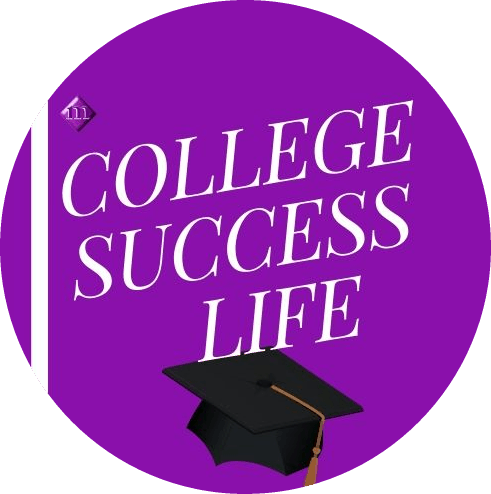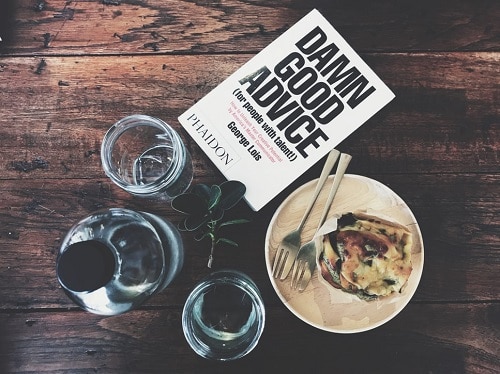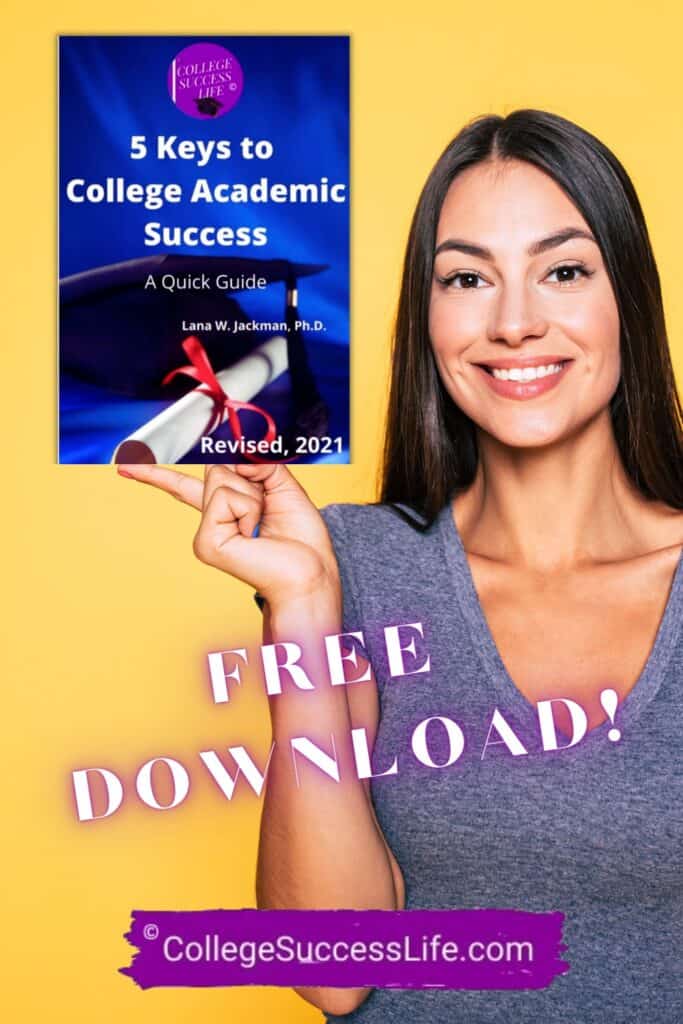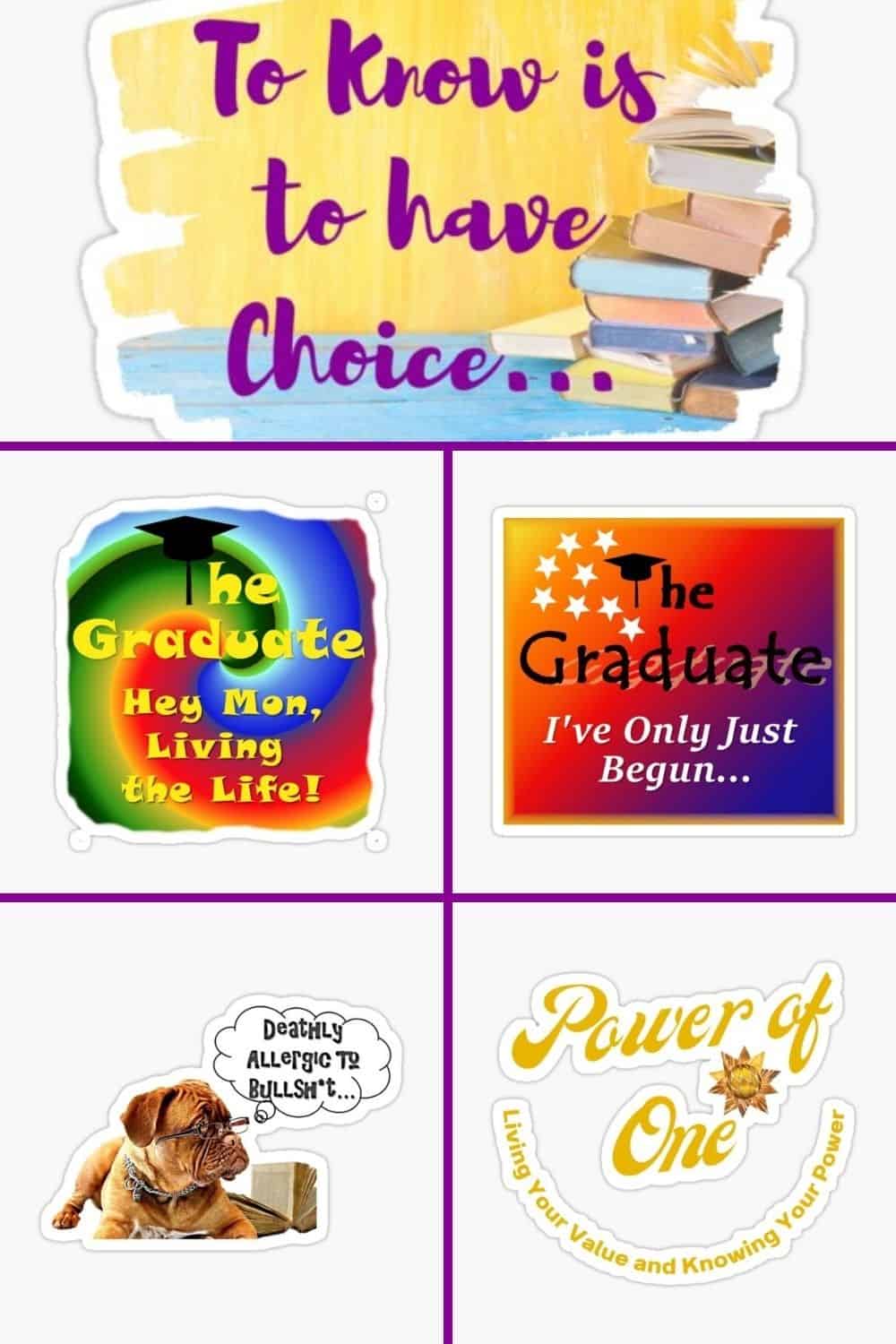
Final Exam Study Routine Strategy
Final Exam Study Routine Strategy: One of the most challenging aspects of college life is developing an effective study routine, particularly around midterms and final exam time.
If you’re in college, you probably have a study routine already. 
But, ask yourself: Is it really effective?
Do I get things done within a specified timeframe?
And as you think about your answer, consider the following study routine strategy option:
Step One – Learning How To Learn:
The first thing you need to do is to understand how you learn best.
Every college student learns differently:
:If you are a visual learner, for example, then reading and using visual multimedia tools are your best assets.
:On the other hand, if you learn best by listening, then lectures, study group participation, and podcasts work best for you.
Whatever your learning style, there are a variety of interchangeable tools and resources available to help you master your individual learning style skill set.
BTW – Learning how to manage this skill set now is also critically important for achieving success in your future career.
Understanding how you learn and how your academic and/or workplace team members learn allows you to plan more effective interactions.
It also increases your overall chances for a more successful outcome.
Knowing and utilizing the value of learning styles can also set the stage for you having a more effective transition into the world of work.
And, in today’s world, adopting a lifelong learning perspective built around your learning style is a key element in achieving professional success.
Step Two – Meet Your Campus Academic Librarian:
Once you’ve identified your specific learning style and associated resources, your next step is to schedule an appointment with your campus reference librarian.
You may be asking yourself – what am I going to talk about? Here are a few examples:
:How about the course requirements listed in each of your course syllabus?
:Or, does the library have back copies of any of your classes’ former exams?
:Need help in selecting a research paper topic?
:Psych 101 terminology confusing.
:Textbook language mumbo jumbo; any study guides available?
Above is just a small sample of possible questions you can ask. Did they trigger any conversational ideas for you?
Studies continually show that campus reference librarians are one of the most underutilized student resource on any American college campus.
Academic reference librarians are trained to be student-centered. For many, working with students and helping students succeed is why they became librarians in the first place.
Find out who is the most sought after campus reference librarian on your campus. Then make an appointment with him or her. Discuss your academic challenges.
Inquire about the availability of information literacy/research workshops. These types of workshops can sharpen your research skills.
Sharpen research skills can mean better final exam and research paper grades. Also ask what are the print/digital reference resources you need to know in order to perform better academically in your major.
 Step Three – Check Out Additional Student Support Services :
Step Three – Check Out Additional Student Support Services :
Once you have that information in hand, then stop by the Academic Support/Writing Center Offices and check out their student service resources.
Have a service review conversation with a peer adviser and/or the director of the center.
Think about incorporating a couple of appointments into your study schedule, particularly if you’re not a fan of writing research papers.
Dialoguing with a peer adviser about your paper’s outline and potential resources can be extremely beneficial.
Step Four – Refine Your Own Study Routine Strategy:
Once you’ve established your learning style, identify your learning style resources, include regular visits to your campus reference librarian and the Academic/Writing Support Center in your final study routine schedule.
Then determine your optimal study location and study time of day.
And it’s very important to incorporate in your routine, study breaks.
Study breaks resuscitate and re-energize you; essential for both your physical and mental health.
Also map out scheduled time for each and every discipline along with study breaks.
Lastly – Finalizing Your Schedule Routine and Avoiding Plagiarism:
Prepare for all exams as if they’re going to be essays. By doing so, you gain an overall understanding of the course material in addition to memorizing critical facts.
Whether you’re writing a research paper, essay, or studying for an exam, always read the material out loud and/or record it.
Then listen carefully to your masterpiece and make appropriate content and/or grammatical corrections, if necessary.
And finally, let’s conclude with a word about the 800 pound gorilla lurking in the academic background – Plagiarism.
Plagiarism in higher education is a serious offense that can get you expelled from your college or university.
To avoid falling into this trap, use citation methodology:
:Consult with your reference librarian collaborator.
:Use direct quotes with source material.
:Paraphrase material wherever necessary.
:Identify the source whenever you use research data.
BTW: Faculty do have access to plagiarism checking software these days, so don’t even try it.
If you’re satisfied with your current study routine, great!
Hopefully, we shared a few tips that you can use. In any case, as you move through your college experience, encountering the occasional challenge along the way, one of the best mantras to use to keep you going is
“Begin with the End in Mind”
Be proactive in solving your challenges.
And, most of all, always seek out advice from trusted, knowledgeable sources on campus.
A Word to the Wise...
An Academic Pearl of Wisdom
Whenever a college student faces an academic and/or social challenge, they often ask a peer or a friend first for advice.
And that’s okay.
However, resolving the issue to your best advantage often requires consulting with an academic advising professional as well.
Your academic adviser knows the campus academically, administratively, and socially.
And what they don’t know, they can point you to the person who does know. Include this strategy in your current plan for college success.
And we're always available to help as well!
Disclaimer Reminder: A college student's first line of inquiry should always be with their campus academic adviser. College Success Life Advising Sessions provide additional problem-solving options to undergraduate and graduate students for further exploration on their individual campuses. Students should always consult their assigned adviser not only during the course selection process but periodically to keep apprised of programmatic changes, testing requirements, course additions/deletions, GPA modifications, etc.
Disclosure: This page contains affiliate links, which means we will make a commission at no extra cost to you, if you make a purchase after clicking my link.









